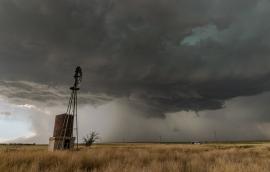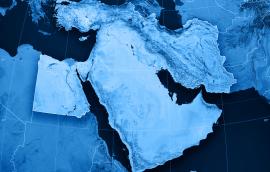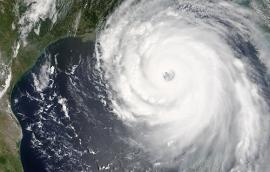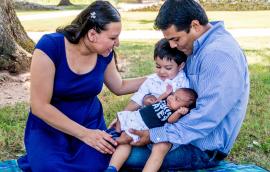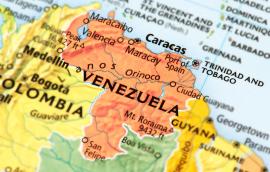Beyond the Rio Grande Water Debt
Stephen Mumme, nonresident scholar at the Center for the United States and Mexico, explores the recent Rio Grande water war and its temporary resolution, arguing that the 1944 water treaty has once again proven resilient and adaptable to the challenges confronting both the United States and Mexico as they share their transboundary water resources.
Stephen Mumme December 8, 2020

